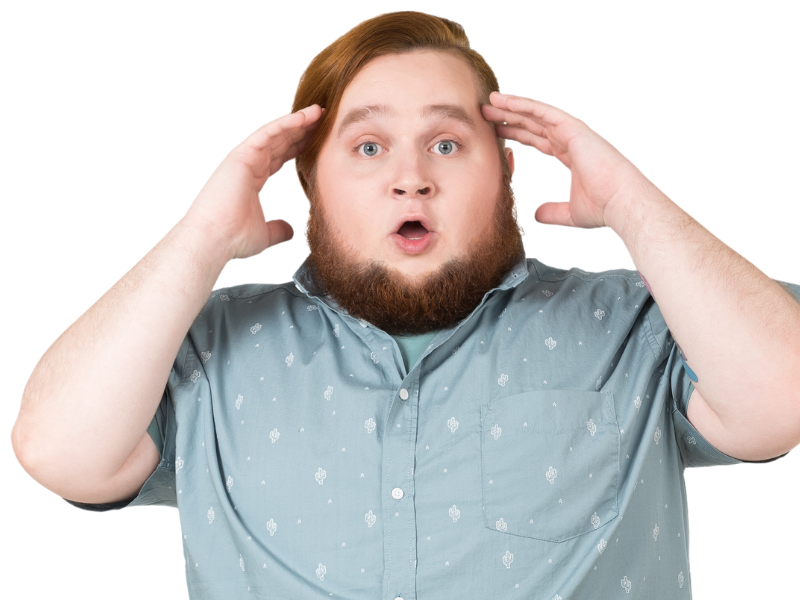
Scientist and patent holder, Curt Hendrix explain the science of MigreLief.
Migraine Prevention Drugs, Topiramate and Amitriptyline Prove No Better than Placebo in Children
Akeso Health Sciences attended annual conferences of the AAP (American Association of Pediatricians) and the CNS (Child Neurology Society) to exhibit its migraine supplements as effective nutritional support for children aged 2+ suffering chronic or episodic migraine.
It was great to meet face-to-face with some of the neurologists, headache specialists, and other healthcare professionals who have been recommending MigreLief supplements for years. Both MigreLief formulas, “daily maintenance” and “as-needed” were well received.
It was at the recent CNS convention that we were first informed of the study regarding the use of topiramate and amitriptyline for migraine prevention in children. The study was published simultaneously with its presentation at the annual meeting of the Child Neurology Society in Vancouver.
A randomized, double-blind, placebo-controlled trial of 328 children and adolescents aged 8-17 who were diagnosed with migraines (with or without aura) concluded that Amitriptyline and Topiramate proved no better than placebo at preventing migraine in children and were associated with adverse side-effects.
In the study, the participants recorded the number of headaches they experienced during a 28 day baseline period and then were given either a placebo, topiramate, or amitriptyline during a 24 week trial period. The drug doses were increased every 2 weeks over an 8 week period with doses modified according to side-effects. In the end, no differences in effectiveness were seen between the two drug groups and the placebo group, however, the authors observed higher rates of adverse side-effects overall in the active treatment groups than the placebo.
Amitriptyline users more often reported fatigue (30%) and dry mouth (25%), whereas Topiramate users more often reported paresthesia (31%) (burning or prickling sensation that is usually felt in the hands, arms, legs, or feet, but can also occur in other parts of the body), and weight loss (8%). Other side-effects reported with Topiramate included fatigue (25%), dry mouth (18%), memory impairment (17%), aphasia (16%), cognitive disorder (16%), and upper respiratory tract infection (12%). Serious adverse events included altered mood in three patients in the amitriptyline group and one suicide attempt in the topiramate group.
Before the trial was concluded, the Food and Drug Administration approved topiramate for the treatment of episodic migraine in adolescents aged 12-17 years.
“Given the null outcome in this trial and the adverse events and serious adverse events reported in the amitriptyline and topiramate groups, the data do not show a favorable risk-benefit profile for the use of these therapies in pediatric migraine prevention, at least over the 24-week duration of the trial,” the study authors concluded.
If you are a parent of a young migraine sufferer, consider MigreLief nutritional support formulas.
To the Best of Health,
Curt Hendrix, M.S., C.C.N., C.N.S.
Chief Scientific Officer
Akeso Health Sciences
Click to view original article published online Oct 27, 2016 – The New England Journal of Medicine.
Click to view Children’s MigreLief product information pdf – Children’s MigreLief and Fast-Acting MigreLief NOW (Age 2+)


